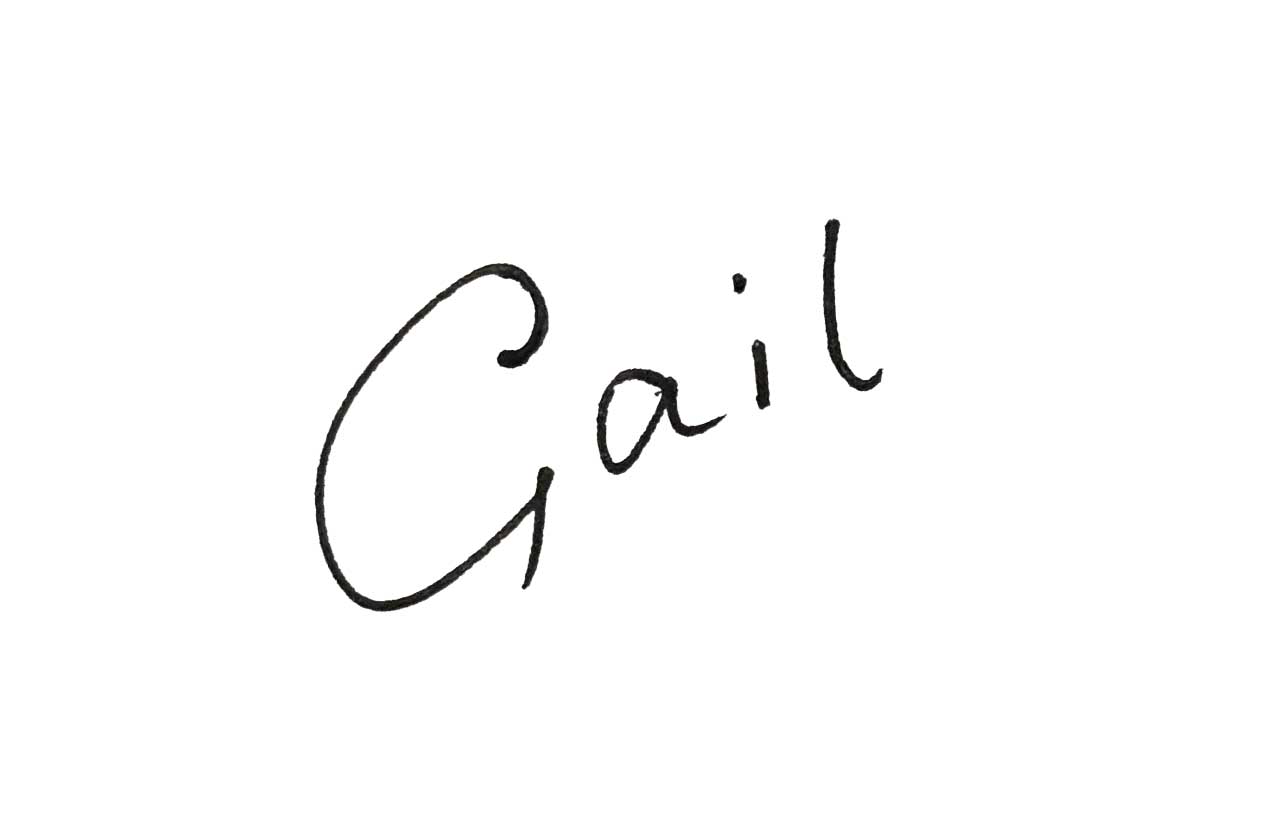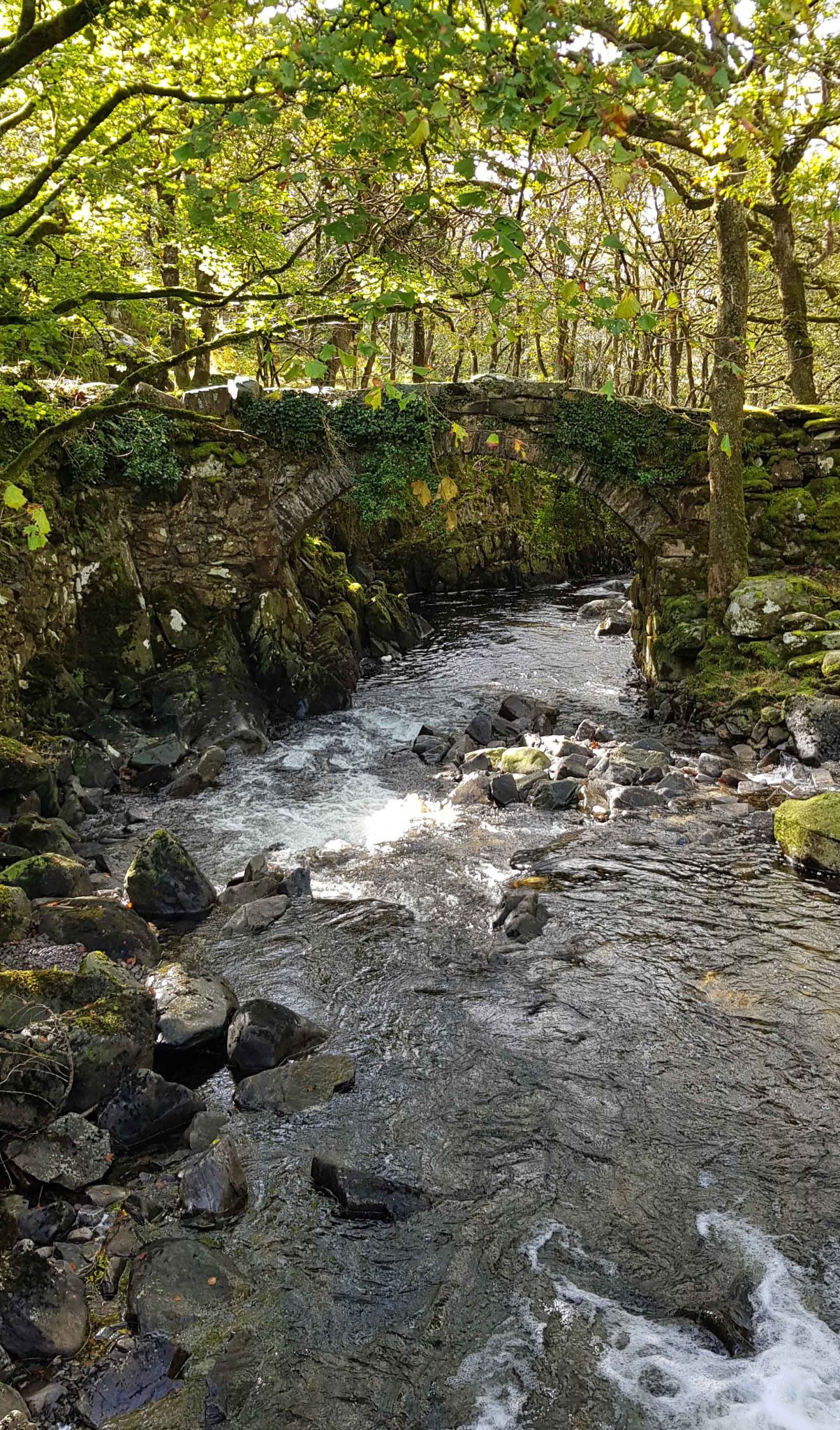Competent Authorities in England will now be required to assume that wastewater from new housing developments will not adversely impact protected sites.
Here in Wales the First Minister and his Government have recently committed themselves to nutrient neutrality.
Nutrient neutrality does not apply to the majority of rivers in Wales which are not designated but which are the heart and soul of our communities and towns.
Friday 1st September, 2023
This week’s announcement by the UK Government has shocked the environmental sector. In summary, it recommends amendments to the Habitats Regulations which would require Competent Authorities in England to assume that wastewater from new housing developments will not adversely impact protected sites. A proposal, such as this one, undermines the very foundations of EU-derived environmental law in the UK. What else should we turn a blind eye to?
Here in Wales, water and the environment is devolved to the Welsh Government, a Government that has made commitments to the nature and climate change crisis, supported a Better River Water Quality Taskforce which is bringing about change and a First Minister-led commitment to nutrient neutrality and phosphate reduction in our rivers.
This week’s announcement by the UK Government undermines the very foundations of EU-derived environmental law.
Most recently, the First Minister of Wales called for all sectors to ‘own their impact’ and to act fast. Afonydd Cymru has raised concerns that the current pace is just too slow. We have spoken with the Welsh Housing Federation and with many developers in Wales, and we totally understand their frustration as much as our own that the step-change in water quality that we need to see is not happening at the rate it needs to. Furthermore, their contribution to the overall pollution load is very small. But, amending legislation to forever ignore their impact eats away at the core purpose of the regulation to consider cumulative impacts in a catchment.
Nutrient neutrality never stopped homes or agricultural developments being built, a point missed by many this week, it just required homes to be delivered a different way. This is a great opportunity to do things differently, to achieve homes that are affordable not just at purchase but in the longer-term, that are more water efficient, nutrient and drainage neutral and biodiversity-enhancing. There are different ways to deliver the outcomes, without changing the legislation that should be affording our rivers the protection they need.
The major impact on our rivers is from agriculture and water company discharges. These sectors are within a regulatory framework that has failed our rivers. Improvements have not been made because the permitting and policy frameworks are not supporting the solutions required. We raised these issues here in Wales in July 2022 but there has been no significant progress by those responsible to address them. We have a water industry sector partially permitted, but not always operating to those permits and with failing assets. The necessary investment required is constrained by the same Governments that are now blaming the sector for failing.
Where are the equivalent action plans from the agricultural sector to reduce its impact on water quality?
And where is the equivalent published action plan for the agricultural sector? We have been led to believe by unions that our farmers will not consider payment for nutrient reduction, tree planting or nature-friendly farming, and yet schemes, led by farmers, are growing apace which perhaps suggests otherwise. If the unions are right, then the long-awaited farming payment schemes in England and Wales are not going to deliver the nutrient reductions required and no step change will come as a result. Perhaps, focus would be better spent on this conundrum?
This week’s announcement promised an Action Plan for the Wye. And this is where it all gets very interesting because all these announcements and changes are limited to England. The Water Act means they don’t even apply to Welsh Water assets in England, as these come under the devolved Welsh Government policy. It fails to recognise, again, the river Wye as a catchment which flows between two countries; it fails to realise that no change in English legislation will impact the source of pollution which originates in Wales. We are not even sure if it will recognise that solutions to this problem cross political boundaries. And until it does, we fear the same reasons for lack of action and lack of change will continue. The Wye is not the only cross border river. The Severn and the Dee, need cross border management too (although they barely seem mentioned these days).
This week’s announcement of a Wye Action Plan yet again fails to recognise that it is a cross border river and that changes in English legislation will not affect the source of nutrient pollution in Wales.
And through all of this, absolutely no-one has given any thought to the non-designated rivers which are actually at the heart and soul of our communities and towns in Wales. Nutrient neutrality never applied to any of these and there have been no housing restrictions in any of these areas. These rivers are too often ignored, suffering the same impacts through development, being the disposal ground for unwanted slurry from their neighbouring SAC rivers and the sinks for much urban and highway pollution. It is no wonder that many of our rivers are devoid of the fish and habitat that we should have a right to see.
We cannot urge our own Government enough to remain steadfast in their commitments and to ensure that, in Wales at least, its policies are delivered while ensuring the protection and enhancement of our precious water environment. It is surely time to encompass the Habitats Regulations directly into Welsh law.

More Information:
“100,000 more homes to be built via reform of defective EU laws.” GOV.UK announcement, 29 August 2023.



